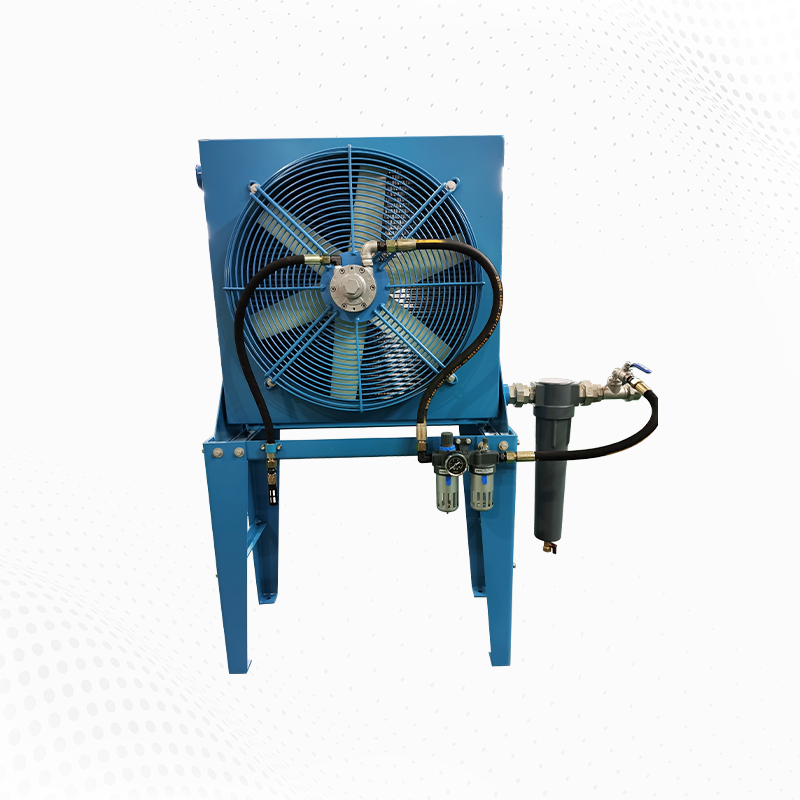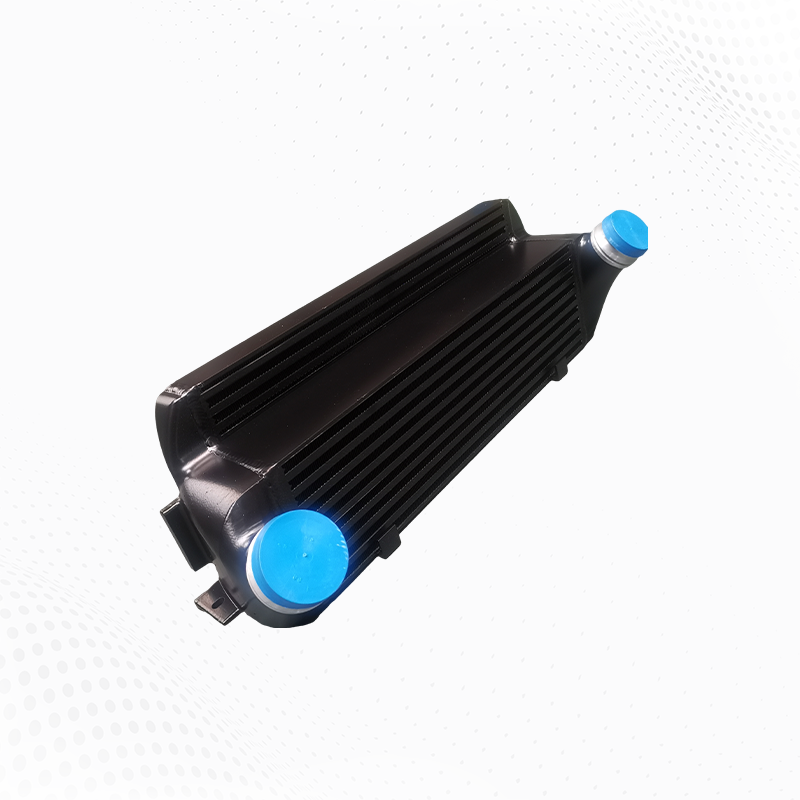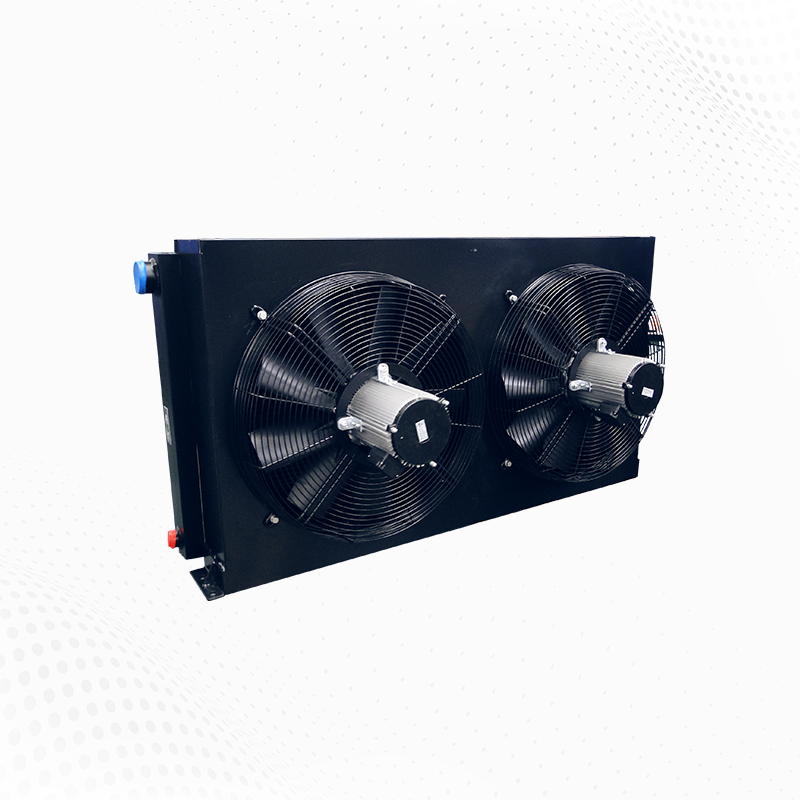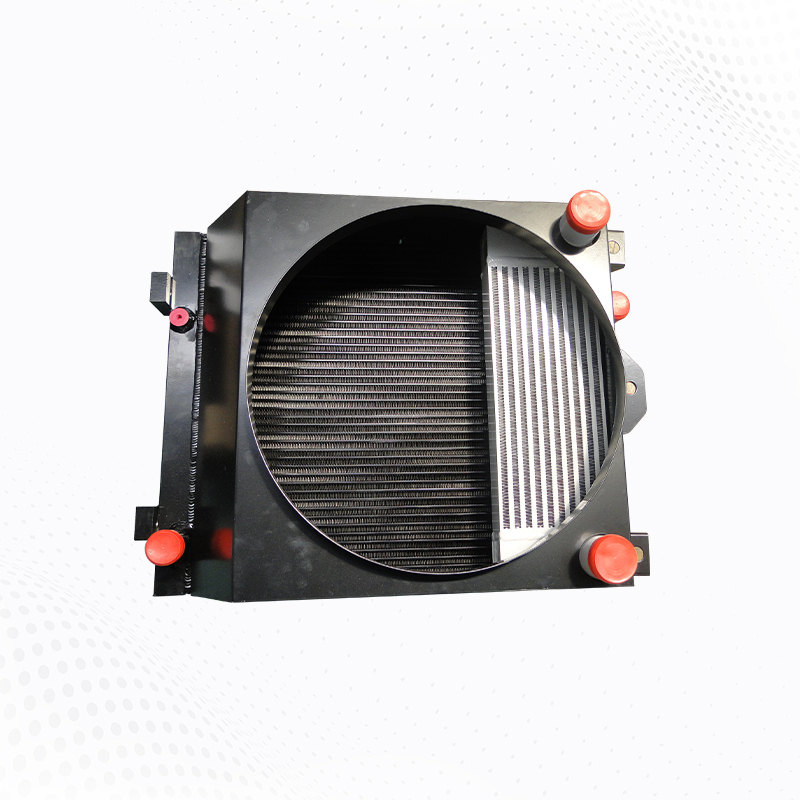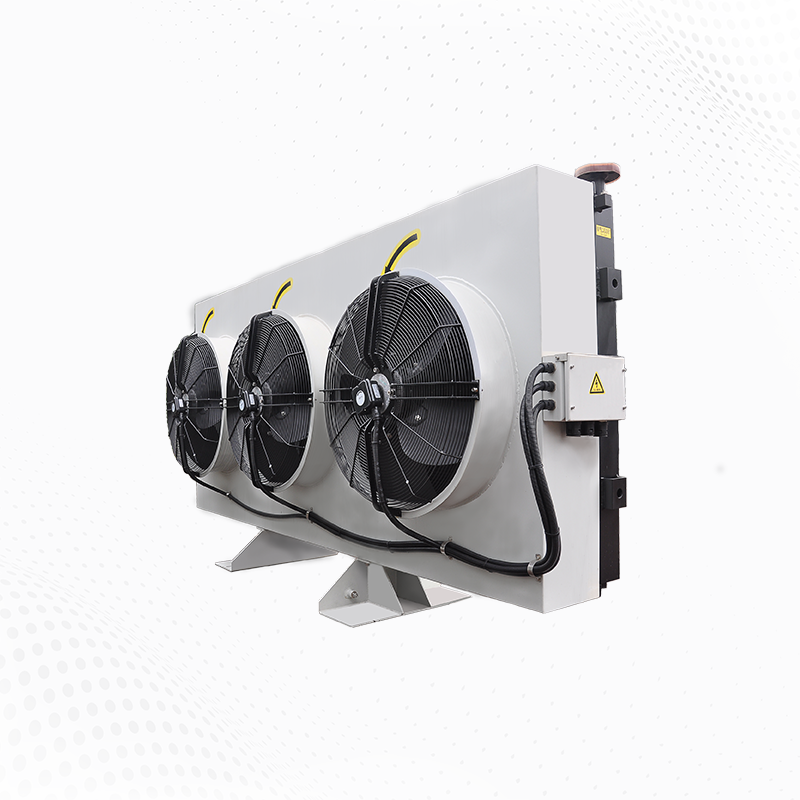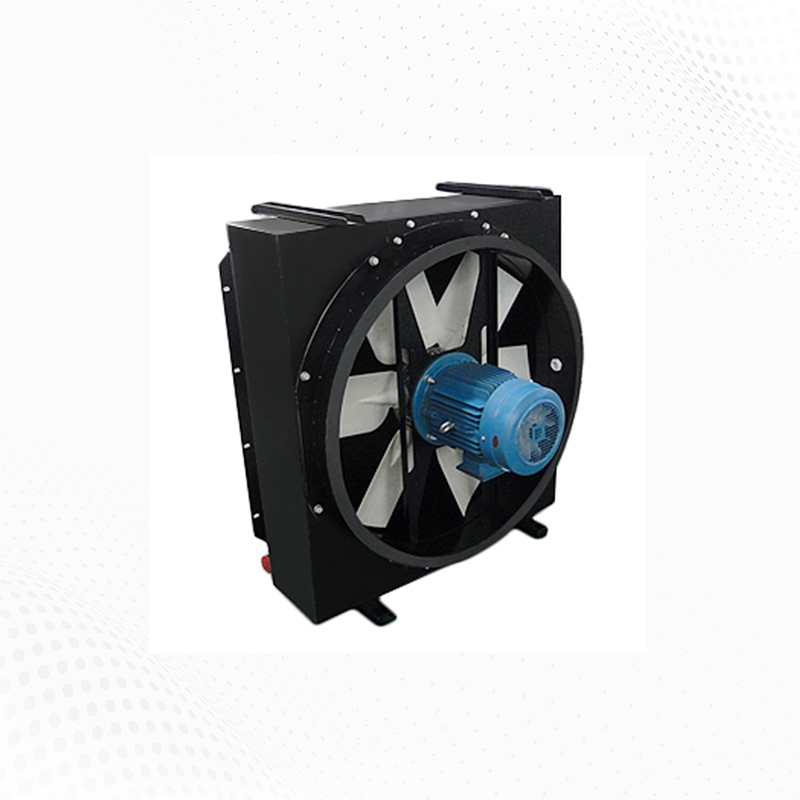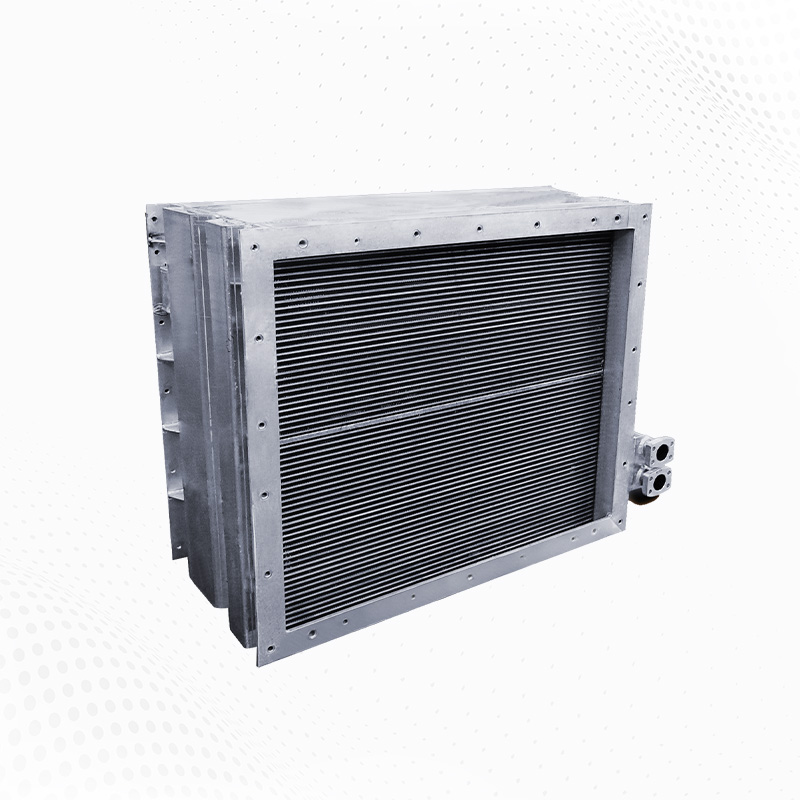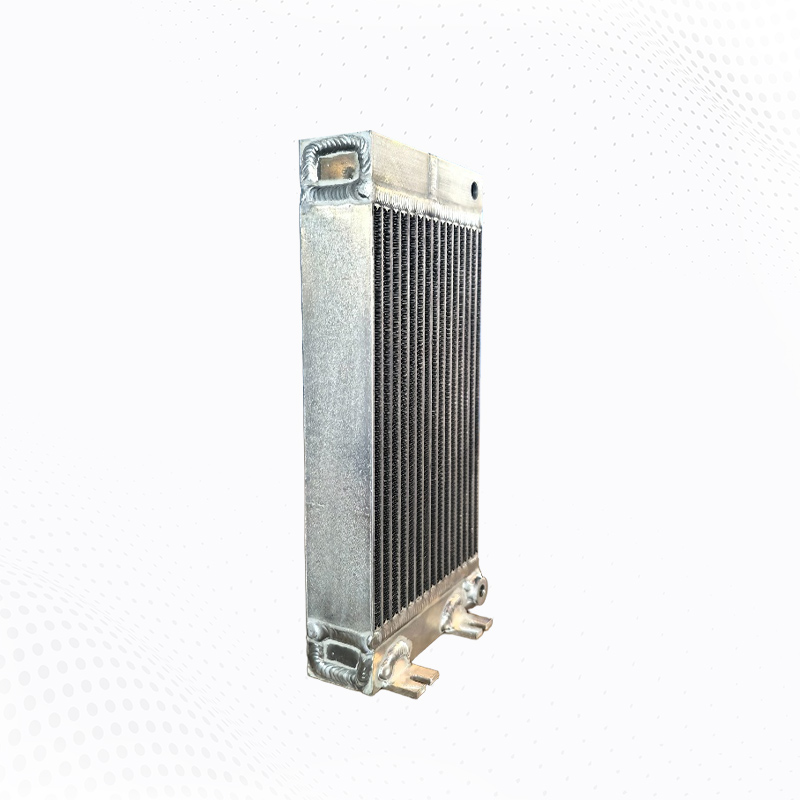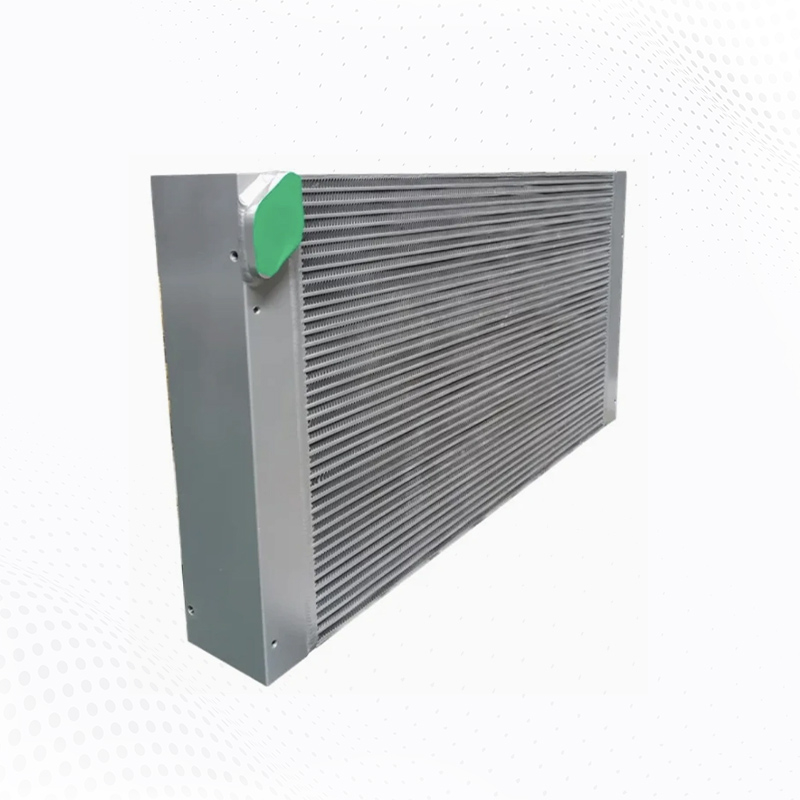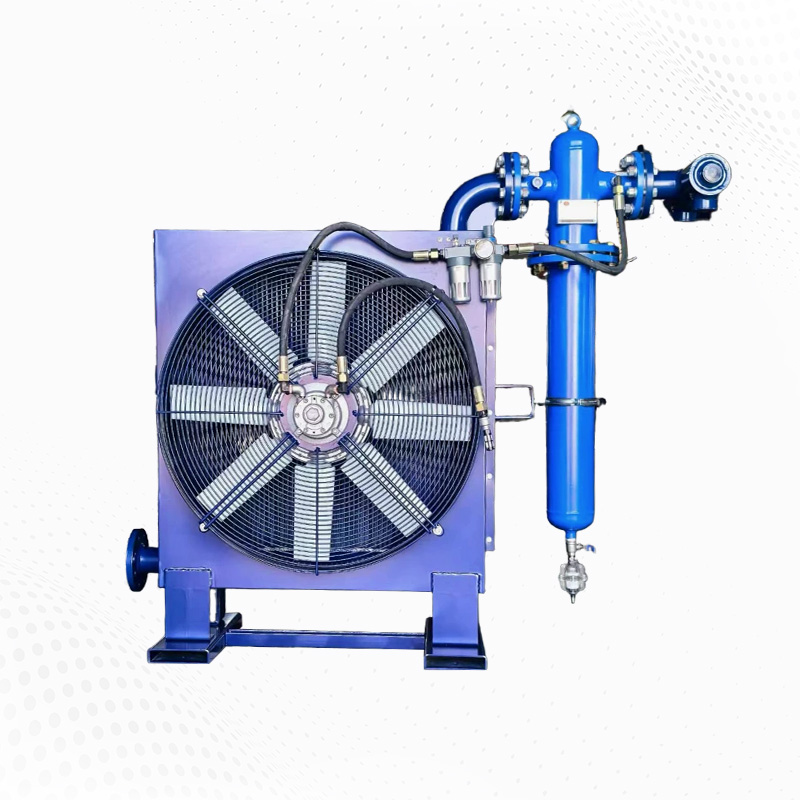How Cold Hydraulic Fluid Affects Systems
Hydraulic fluid is designed to function within a specific temperature range. When temperatures drop significantly, the fluid thickens, causing several issues that hinder the performance of industrial and excavation machinery.
·Increased Viscosity
Cold hydraulic fluid becomes highly viscous, making it harder to flow through the system. This increased resistance leads to inefficient power transfer, causing machinery to operate slower and with less precision.
·Higher Startup Loads
Thickened fluid forces hydraulic pumps and motors to work harder during startup. Over time, this additional strain can lead to wear and tear, reducing the lifespan of critical components.
·Reduced Lubrication
Hydraulic fluid also serves as a lubricant for internal components. When it’s too cold, the reduced flow compromises the ability to lubricate effectively, increasing friction and the likelihood of mechanical damage.
·Potential for Cavitation
In cold conditions, air bubbles can form within the thickened hydraulic fluid. This phenomenon, known as cavitation, leads to vibrations and damage to pumps, valves, and other system components.
Why Temperature Management Is Crucial
Proper temperature regulation ensures that hydraulic systems function efficiently, regardless of weather or environmental conditions. While a hydraulic oil cooler for industrial machines is typically associated with managing heat, modern systems also focus on maintaining optimal temperatures in colder environments.
Solutions for Managing Cold Hydraulic Fluid
1、Hydraulic Oil Cooling Systems for Excavators
These systems are not limited to cooling; many are equipped with temperature stabilization features to prevent fluid from becoming too cold. This ensures excavators operate efficiently in low-temperature conditions.
2、Preheating Systems
Preheaters or inline heating elements can be added to hydraulic systems to warm up the fluid before the machinery is activated.
3、Insulated Reservoirs
Insulating hydraulic reservoirs helps retain heat, preventing fluid from becoming excessively cold in outdoor or unheated work environments.
4、Regular Maintenance
Cold hydraulic systems are more prone to leaks and contamination due to increased pressure. Regular inspections ensure the system is prepared to handle temperature fluctuations.
Preventative Steps for Cold Weather Operations
For industrial machines and excavators operating in cold climates, the following steps can help mitigate the challenges of cold hydraulic fluid:
Use fluid specifically designed for low temperatures to ensure optimal viscosity.
Install a hydraulic oil cooling system for excavators with integrated temperature control.
Allow the system to warm up gradually before starting high-load operations to prevent sudden strain on components.
Conclusion
Cold hydraulic fluid can significantly impact system efficiency, leading to operational delays and increased wear on components. Addressing this challenge with tools like a hydraulic oil cooler for industrial machines or a hydraulic oil cooling system for excavators ensures that systems maintain peak performance across temperature extremes. With the right preparation and equipment, hydraulic machinery can perform reliably, even in the harshest cold-weather conditions.


